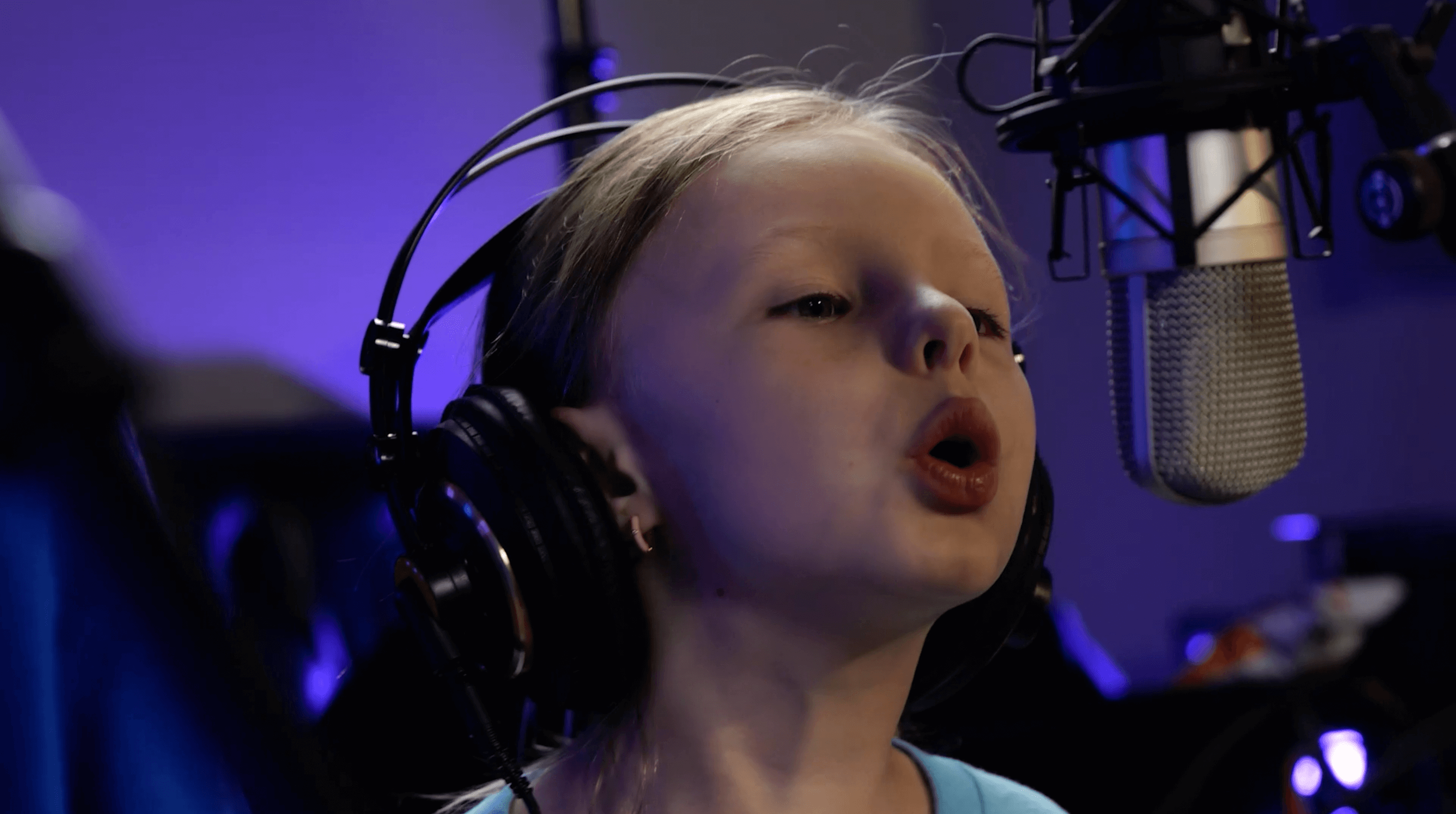Music has a remarkable impact on children’s development, influencing their cognitive, emotional, and social growth. From the earliest stages of life, music can play a crucial role in shaping young minds and fostering a range of essential skills. Here are some of the key benefits of music for children:
Cognitive Advantages: Music engages multiple areas of the brain, promoting cognitive development. When children are exposed to melodies and rhythms, their memory, attention, and problem-solving abilities are enhanced. Learning to play an instrument further boosts these cognitive advantages, as it requires focus, discipline, and understanding of patterns.
Emotional Well-being: Music has the power to evoke emotions and express feelings in a way that words alone cannot achieve. Listening to music can help children identify and understand their emotions, develop empathy, and cope with stress and anxiety. Creating and performing music also provides an outlet for self-expression and boosts self-confidence.
Language and Communication Skills: Exposure to music in early childhood has been linked to improved language and communication skills. Singing along to songs and nursery rhymes helps children develop vocabulary, pronunciation, and language comprehension. It also aids in the development of essential pre-reading skills, laying a strong foundation for literacy.
Social Development: Music encourages social interaction and collaboration among children. Singing in a group or participating in a band or choir fosters teamwork and cooperation. It also helps children build friendships, as they connect over shared musical interests and experiences.
Motor Skills: Dancing, clapping, and playing musical instruments require fine and gross motor skills. Engaging in musical activities helps children develop better coordination, dexterity, and balance.
Cultural Awareness: Introducing children to a diverse range of music exposes them to different cultures and traditions. It promotes cultural understanding and appreciation, encouraging open-mindedness and tolerance.
In conclusion, incorporating music into a child’s life from an early age can lead to numerous positive outcomes. Whether through listening to music, singing, or playing instruments, children benefit cognitively, emotionally, socially, and culturally. As parents, caregivers, and educators, let’s recognize the transformative power of music and provide children with ample opportunities to experience its myriad of benefits.



